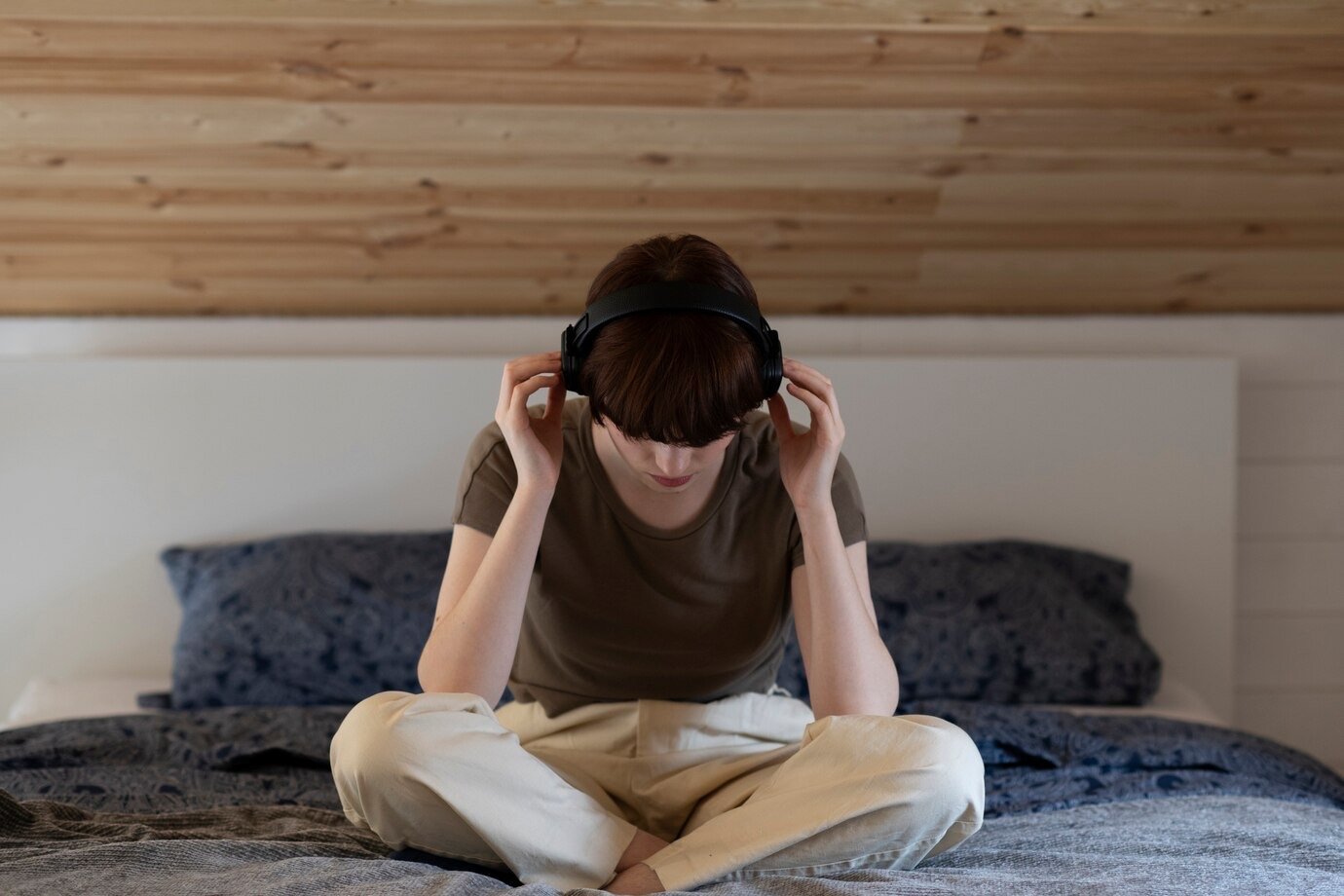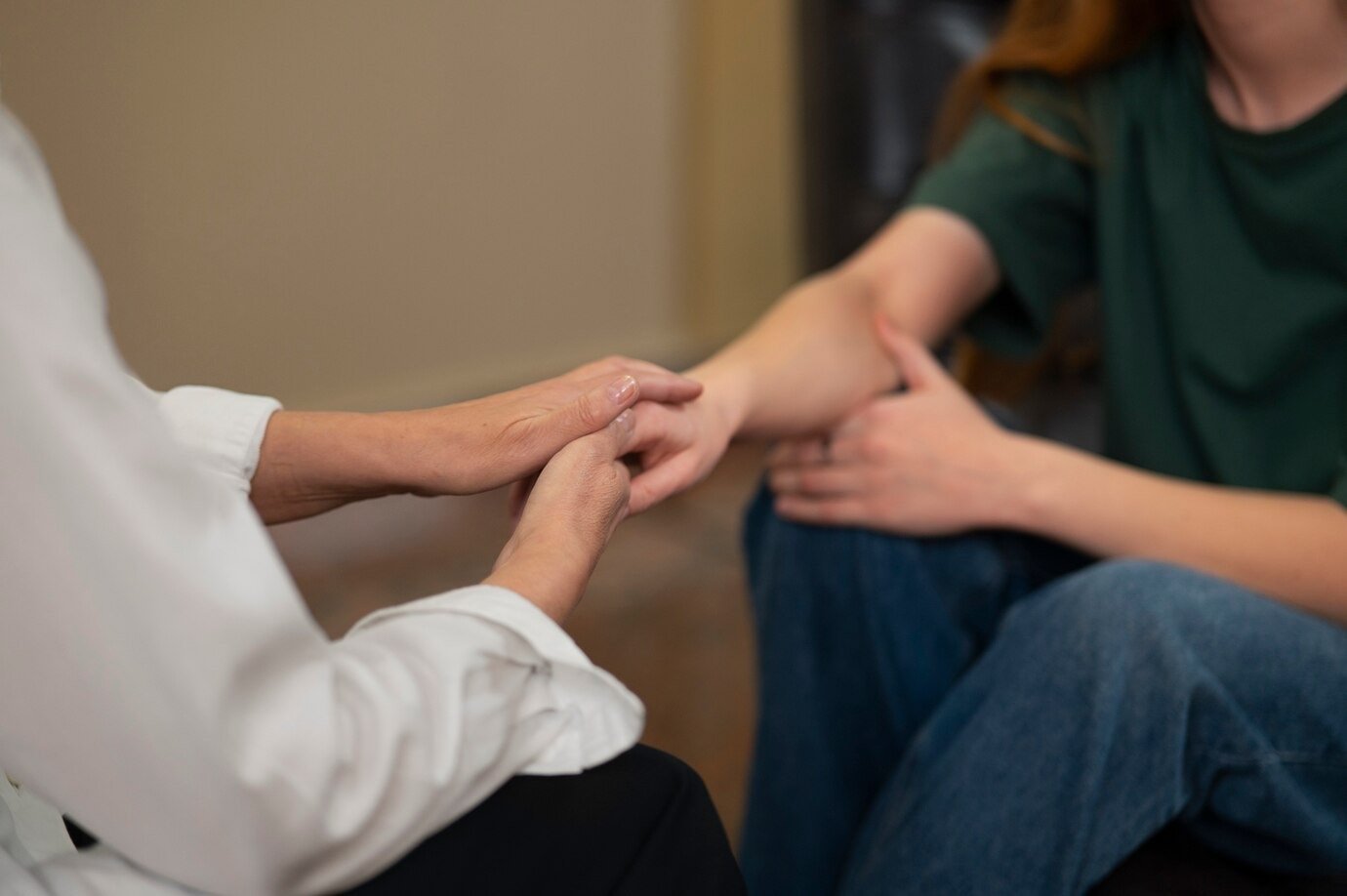How To Get Out of a Depressive Episode
Depression can feel like an unending storm, robbing you of energy, joy, and motivation. But even in the darkest moments, it’s possible to find light. If you’re wondering how to get out of a depressive episode or help someone through one, understanding the condition and adopting effective strategies can pave the way to healing. In this guide, we’ll explore what a depressive episode is, its causes, and actionable steps for recovery, including professional help options like luxury treatment for depressive episodes.
What Is a Depressive Episode?
A depressive episode is not merely a bout of sadness. It’s a prolonged state of low mood accompanied by symptoms that interfere with daily life. These episodes can occur as part of mental health disorders like major depressive disorder (MDD), bipolar disorder, or even post-traumatic stress disorder (PTSD).
Common Symptoms of a Depressive Episode:
Persistent feelings of sadness, hopelessness, or emptiness.
Loss of interest in previously enjoyable activities.
Fatigue or low energy levels.
Difficulty concentrating or making decisions.
Changes in sleep patterns—insomnia or excessive sleeping.
Appetite changes—overeating or loss of appetite.
Physical symptoms like headaches or digestive issues.
Thoughts of death or suicide.
To qualify as a major depressive episode, these symptoms must last for at least two weeks, significantly affecting personal, social, or professional life.
How to Get Out of a Depressive Episode
Escaping a depressive episode requires a combination of self-care, coping mechanisms, and sometimes professional treatment. Here are actionable strategies to help you recover:
Acknowledge Your Feelings
Recognise that what you’re experiencing is valid and not a reflection of personal weakness. Depression is a medical condition, not a failure. Allow yourself to feel without judgment, and remind yourself that help is available.
Build a Routine
During a depressive episode, simple tasks can feel overwhelming. Creating a daily routine can provide structure and a sense of accomplishment. Start small—Wake up consistently, eat regular meals, and set one achievable goal for the day, such as taking a short walk or organising a small space.
Stay Connected
Isolation can deepen depressive feelings. Reach out to friends, family, or a support group. Sometimes, just talking about your emotions can lighten the burden. If face-to-face interactions feel daunting, start with a text or email to someone you trust.
Practice Behavioral Activation
One of the most effective ways to combat depression is through behavioural activation. Engage in activities that previously brought you joy, even if they don’t currently appeal to you. Whether gardening, cooking, or listening to music, these actions can gradually reignite interest and improve mood.
Challenge Negative Thoughts
Depression often brings a wave of negative self-talk. Practice cognitive reframing—question these thoughts and replace them with more balanced perspectives. For example, if you think, “I’ll never get better,” reframe it as “Recovery takes time, but I’m taking steps in the right direction.”
Seek Professional Help
If depressive episodes are frequent or severe, professional intervention is essential. Consider enrolling in a luxury depression rehab or premium treatment centre, where you can receive personalised care in a serene, supportive environment.
Benefits of Luxury Rehab Centers:
Access to top mental health professionals.
Holistic therapies, such as yoga, meditation, and art therapy.
Upscale accommodations and gourmet meals for a stress-free recovery.
Private, confidential care tailored to your needs.
Prioritise Physical Health
Physical and mental health are deeply intertwined. Focus on:
Exercise: Even light physical activity, such as walking or stretching, can release endorphins, the body’s natural mood boosters.
Nutrition: Incorporate nutrient-dense foods like leafy greens, lean proteins, and omega-3-rich sources (e.g., salmon, walnuts).
Sleep Hygiene: Aim for 7–9 hours of sleep per night by maintaining a consistent bedtime routine.
Explore Mindfulness and Relaxation Techniques
Mindfulness practices like meditation and deep breathing can help ground you in the present moment, reducing anxiety and negative rumination. Recovery retreats often offer mindfulness-based stress reduction (MBSR) programs to enhance emotional well-being.
What to Do During a Depressive Episode
Amid a depressive episode, it’s important to practice kindness toward yourself. Here’s a quick checklist:
Take small steps: Break tasks into manageable pieces.
Celebrate small victories: Completing even the simplest tasks is progress.
Limit stress: Avoid overcommitting or taking on unnecessary responsibilities.
Reach out for support: A trusted friend, family member, or counsellor can offer guidance.
Consider a recovery retreat: Spending time at a luxury retreat for mental health can provide the rest and care you need to recharge.
Luxury Treatment for Depressive Episodes
For those seeking a comprehensive and comfortable healing experience, luxury inpatient depression treatment is a powerful option. These exclusive facilities combine medical expertise with holistic wellness programs in a calming, high-end environment.
Features of Luxury Treatment Centers:
Private therapy sessions with licensed mental health professionals.
State-of-the-art amenities, including fitness centres, pools, and spas.
Individualised treatment plans addressing the root causes of depression.
Complementary therapies like acupuncture, equine therapy, and music therapy.
A tranquil setting that fosters relaxation and introspection.
Such treatment centres help individuals understand their triggers, develop coping mechanisms, and rebuild fulfilling lives.
The Importance of Addressing Depressive Episodes
Ignoring a depressive episode can lead to worsening symptoms and a prolonged recovery process. Taking proactive steps—whether through self-help strategies or professional care—can significantly reduce the duration and intensity of depressive episodes.
Q&A
Q1: Can a depressive episode go away on its own without treatment?
While mild depressive episodes may resolve without intervention, moderate to severe episodes typically require some form of treatment. Without support, symptoms can persist or worsen over time, potentially leading to chronic depression or more serious complications. Professional treatment, such as therapy, medication, or a combination, significantly improves recovery rates. For those seeking privacy and comprehensive care, luxury treatment for depressive episodes can provide a nurturing environment to address the root causes and develop lasting coping mechanisms.
Q2: What are the early warning signs of a depressive episode?
Early signs of a depressive episode often include persistent sadness, fatigue, changes in sleep patterns, withdrawal from social interactions, difficulty concentrating, and a loss of interest in once-enjoyed activities. Physical symptoms, such as unexplained aches, changes in appetite, or low energy, may also appear. Recognising these signs early and seeking support from treatment centers or a luxury rehab can help prevent the condition from worsening.
Q3: How can I support a loved one going through a depressive episode?
Supporting someone in a depressive episode requires empathy, patience, and understanding. Encourage open communication without judgment, and listen to their feelings. Help them with daily tasks, and gently encourage professional help, such as therapy or staying at a luxury rehab center. Avoid offering simplistic solutions like “just cheer up,” as depression is a complex condition. Instead, focus on being present and supportive while reminding them that recovery is possible.
Q4: Is it normal to feel physically ill during a depressive episode?
Yes, depression often manifests physically in addition to emotional symptoms. Common physical effects include headaches, digestive issues, muscle tension, and chronic fatigue. These symptoms are part of how depression affects the brain-body connection. Treatment at luxury rehab centers often includes holistic therapies, such as yoga, nutrition counseling, and massage, to address these physical manifestations alongside mental health care.
Q5: How do luxury treatment centers differ from traditional facilities for depressive episodes?
Luxury treatment centers provide a more personalised and comprehensive approach to treating depressive episodes. They typically offer:
Private accommodations and premium amenities.
A tranquil, stress-free environment designed for relaxation.
Access to top mental health professionals and customised care plans.
Complementary therapies like equine therapy, art therapy, and meditation.
Focus on long-term wellness and aftercare planning. This level of care fosters faster recovery and equips patients with sustainable coping strategies.


